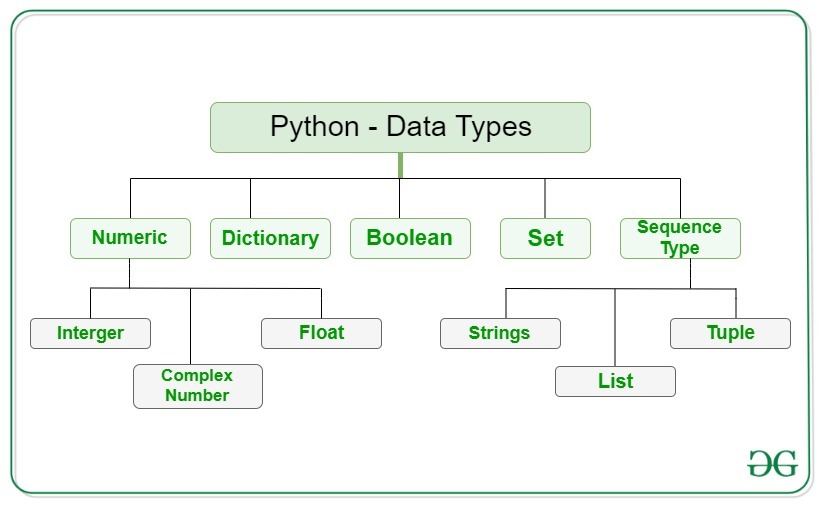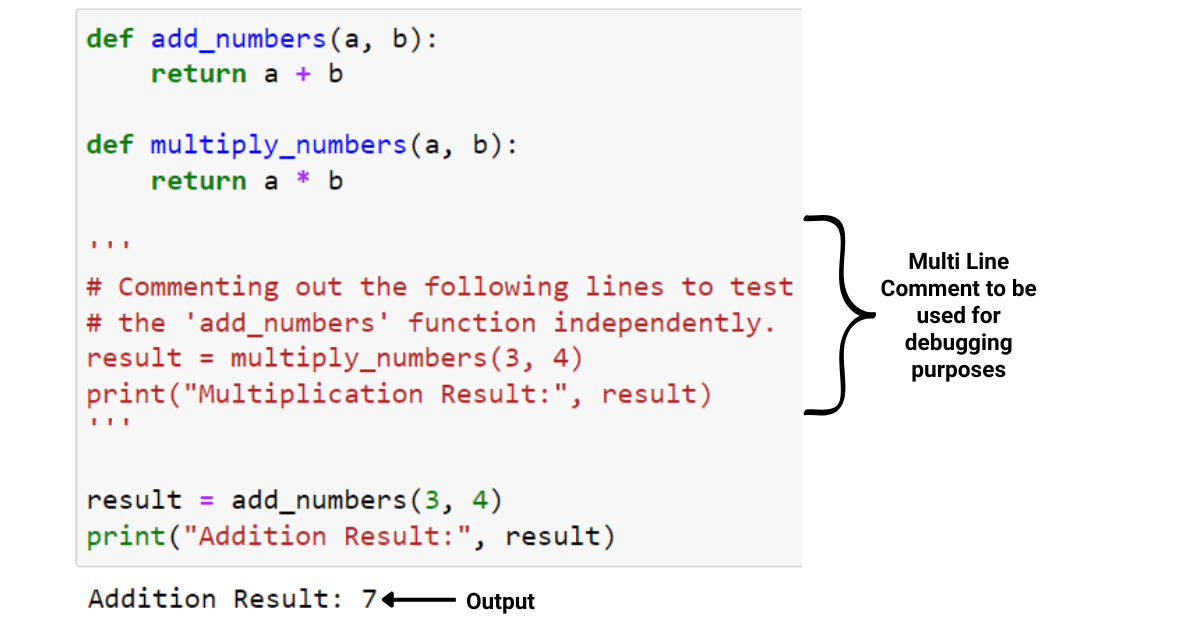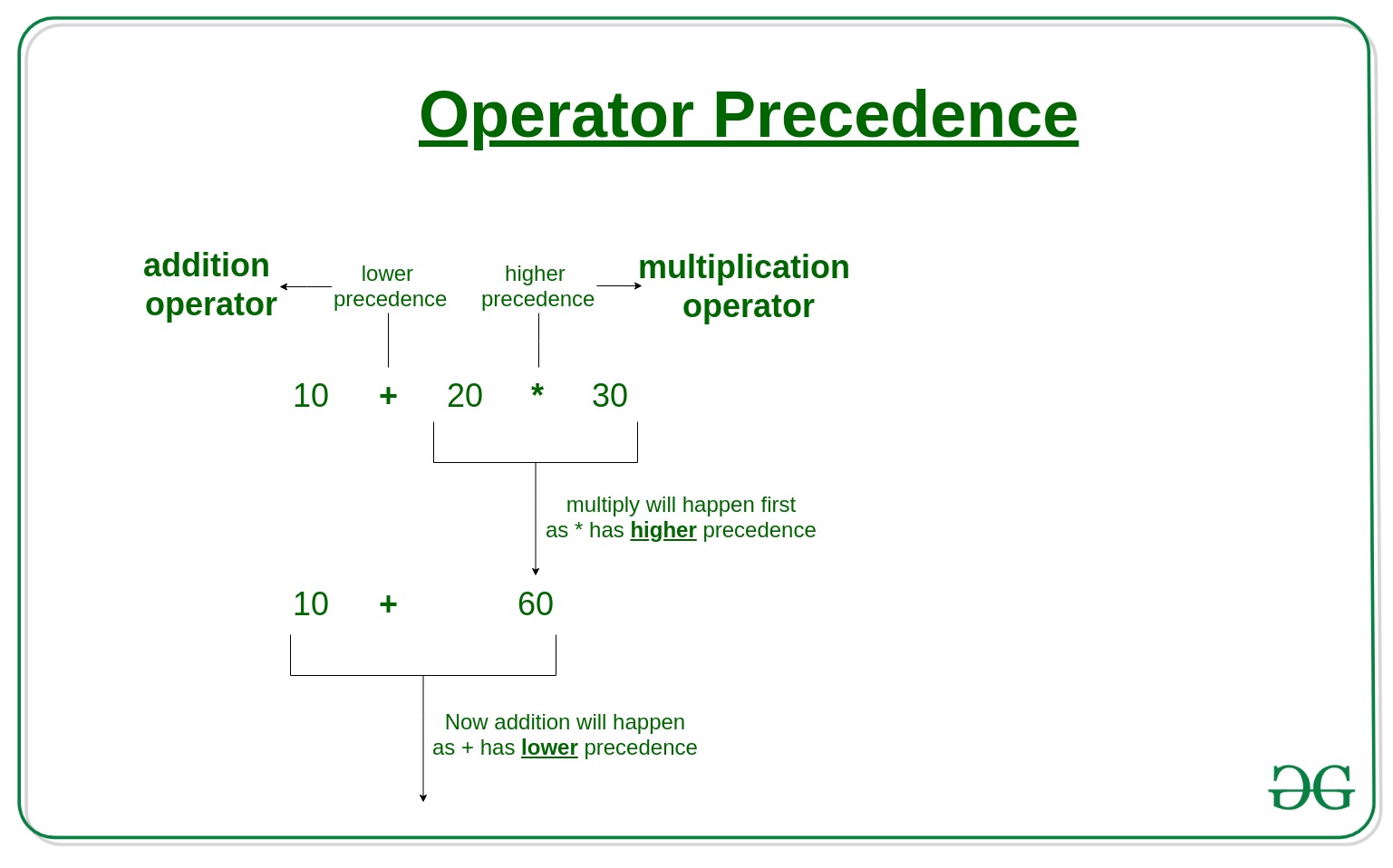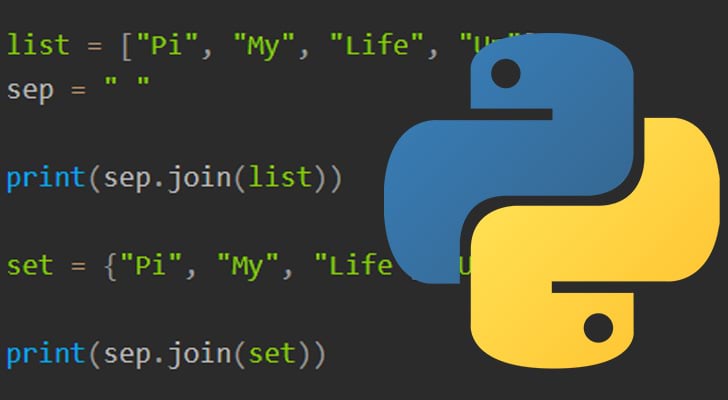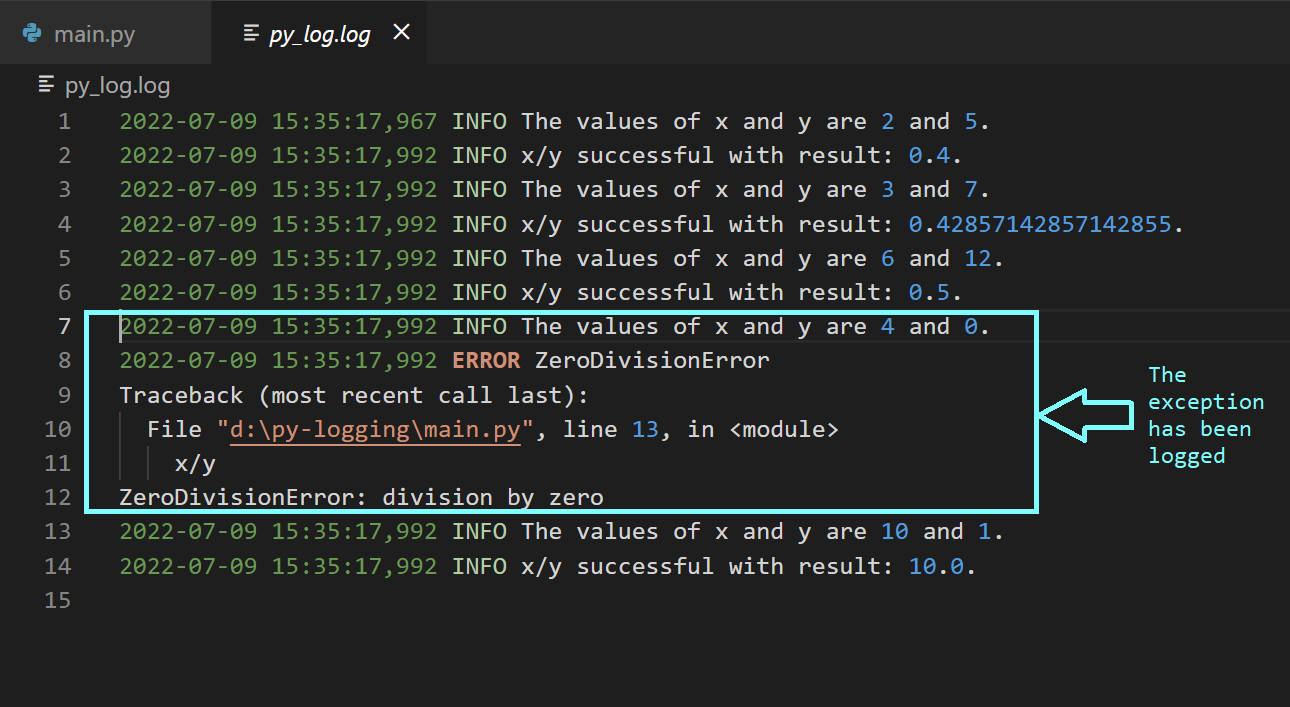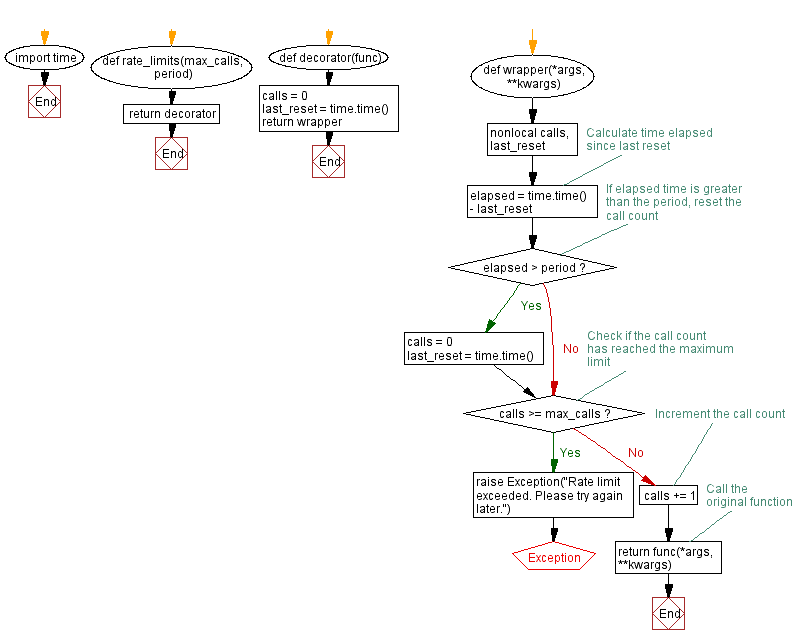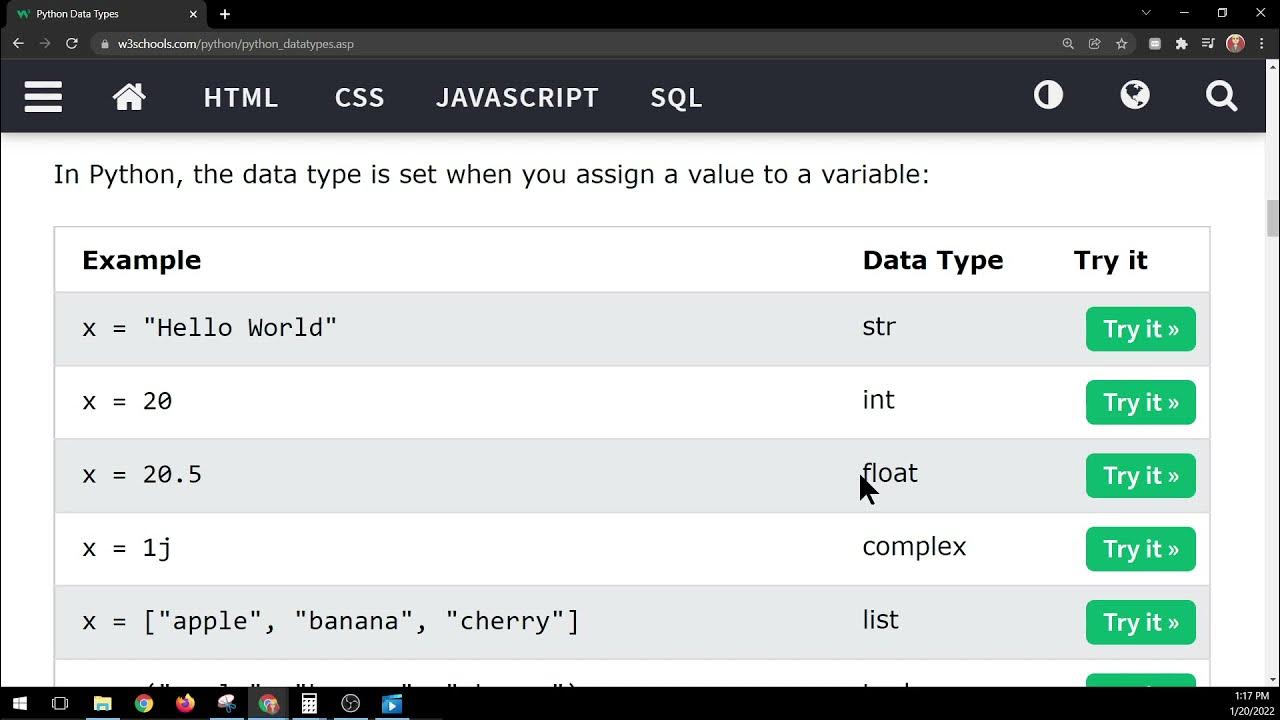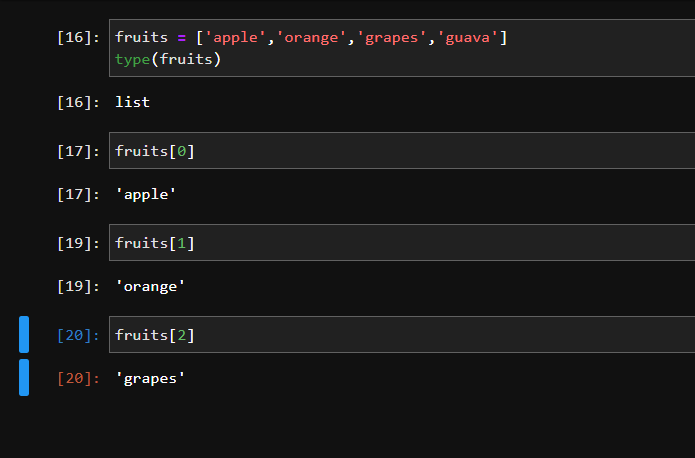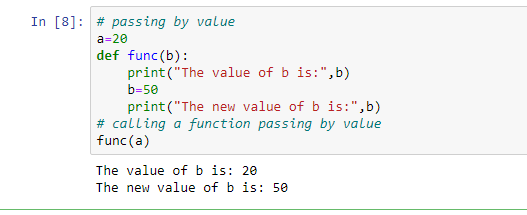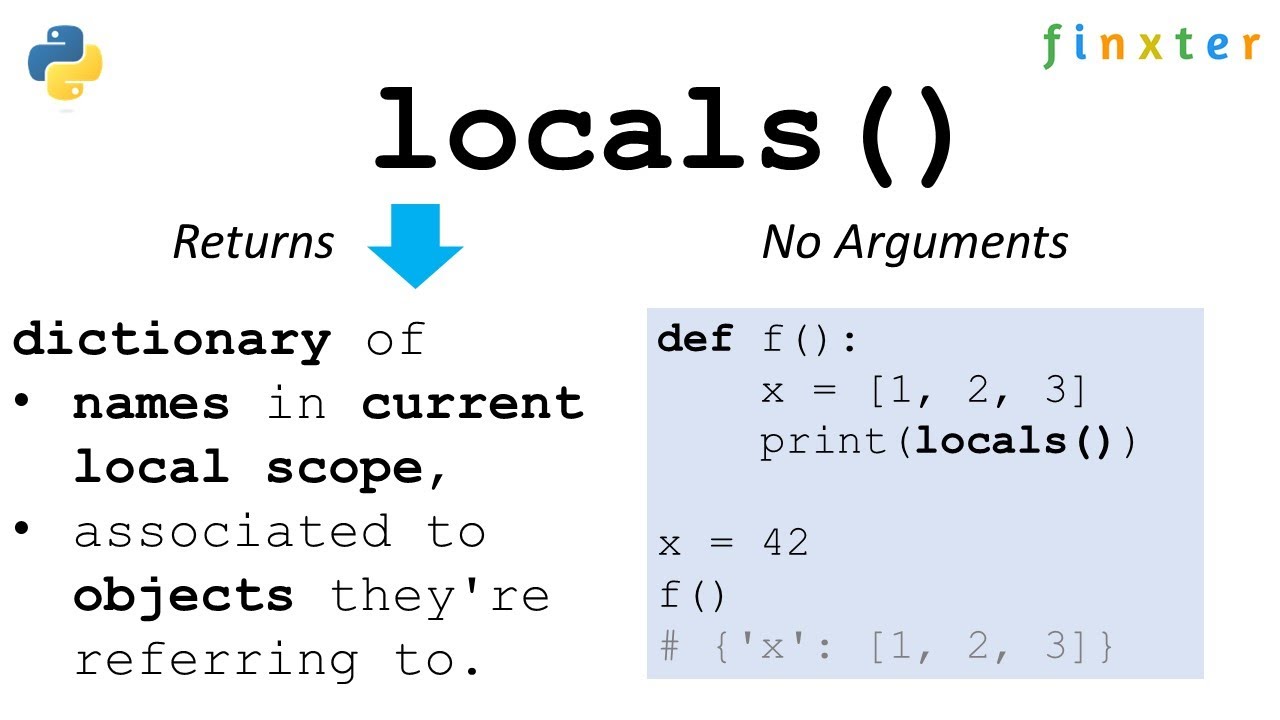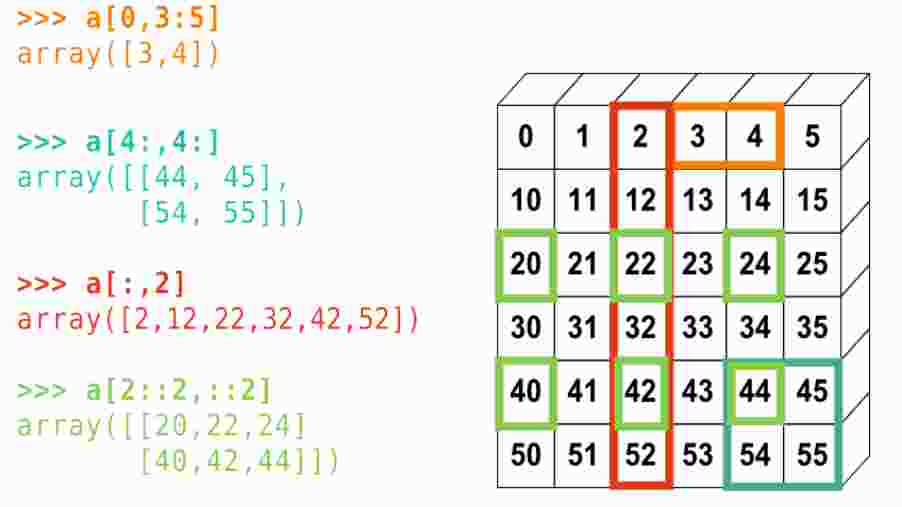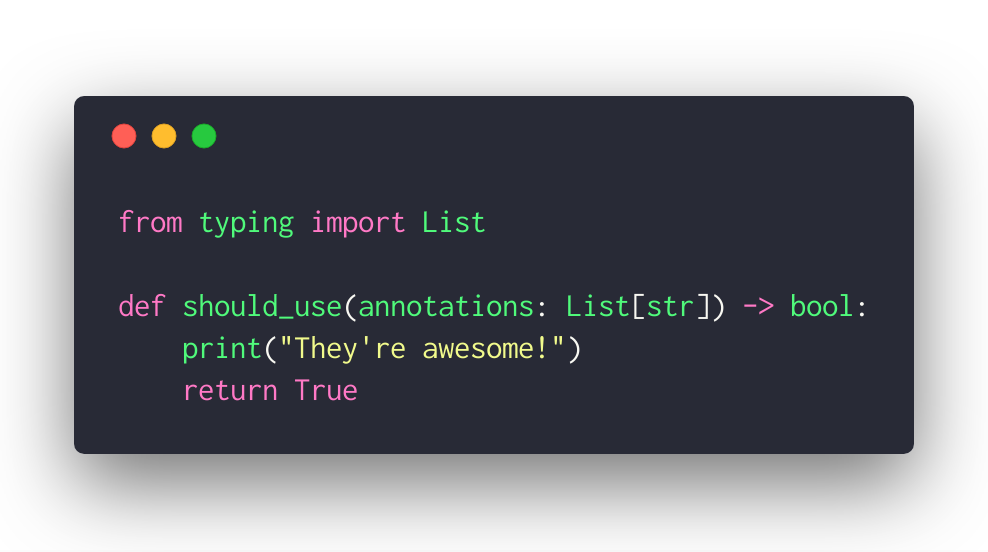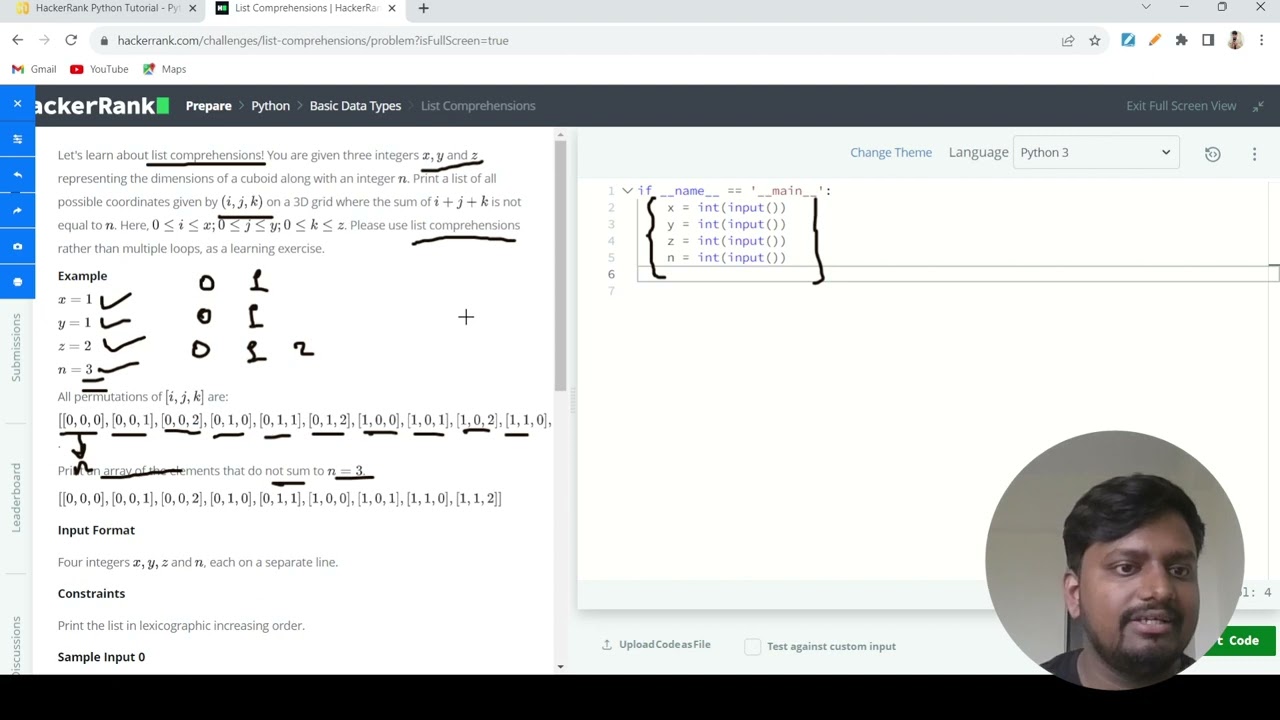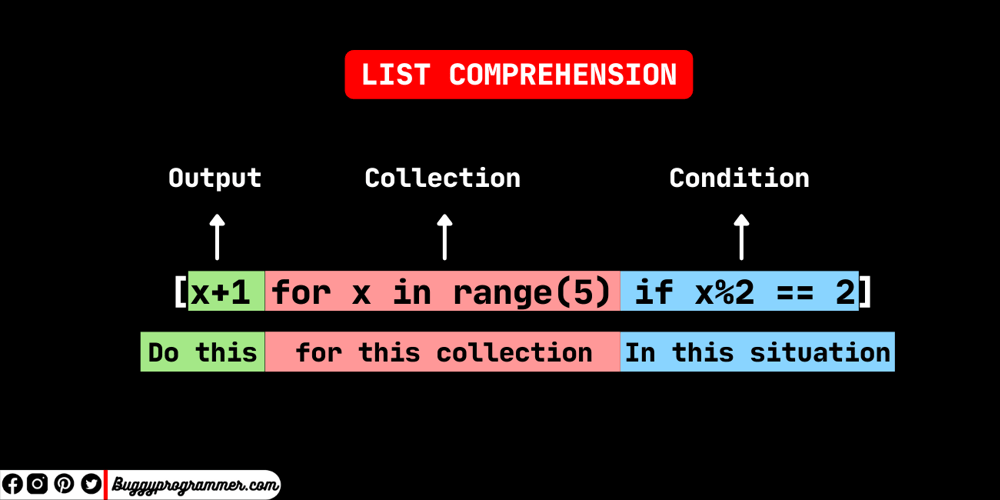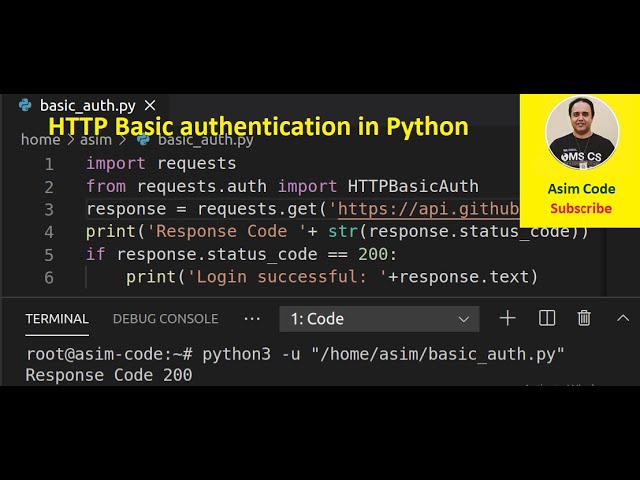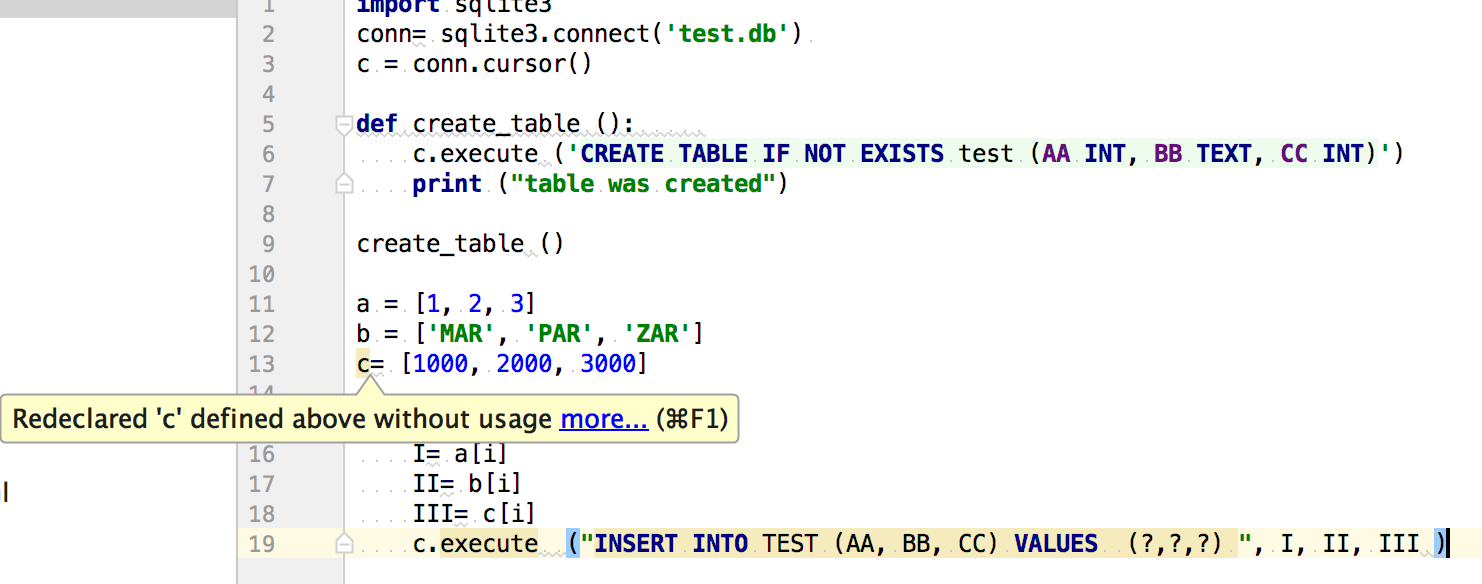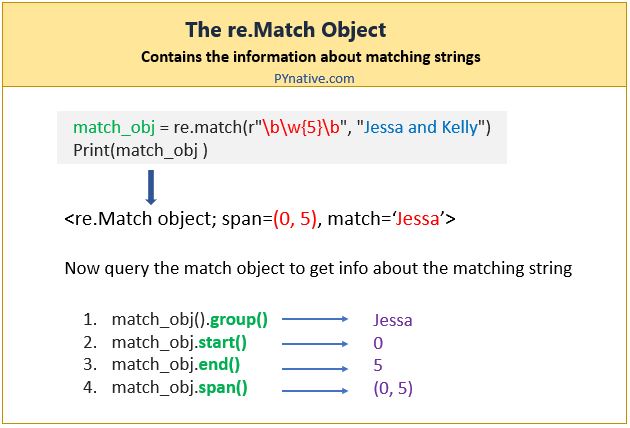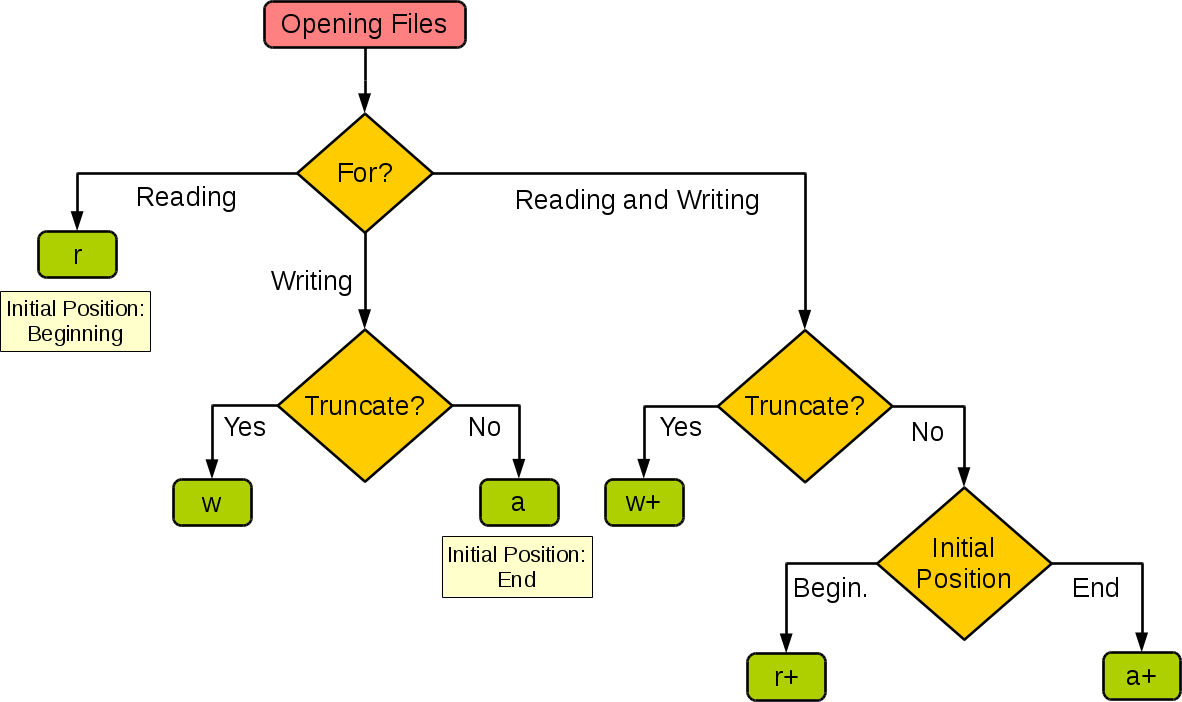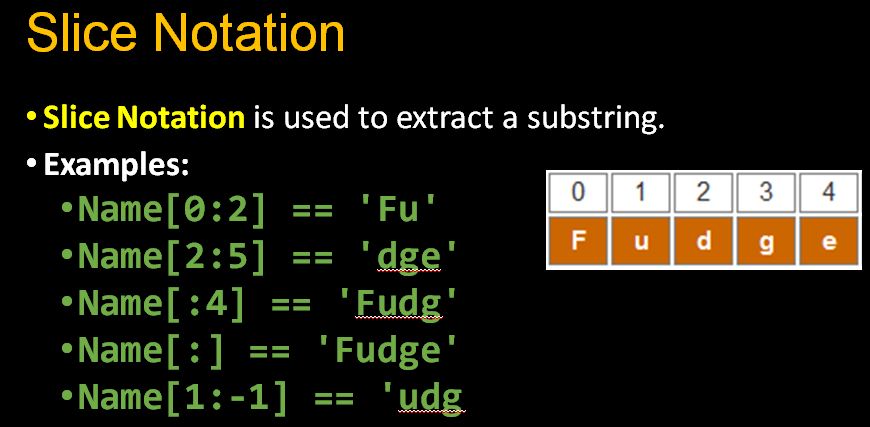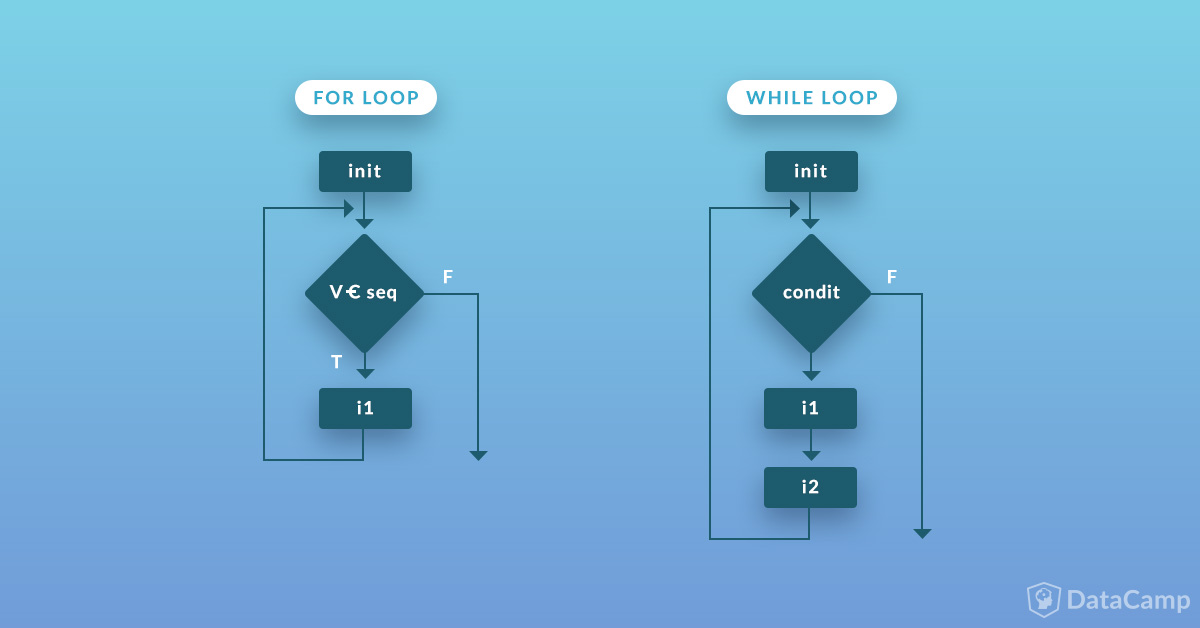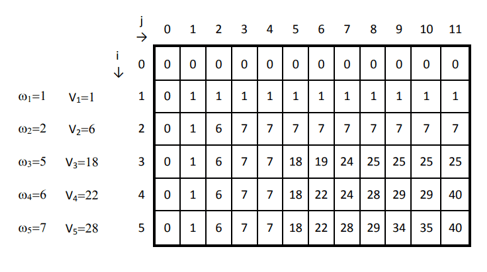What are class attributes in Python?
What are class attributes in Python?
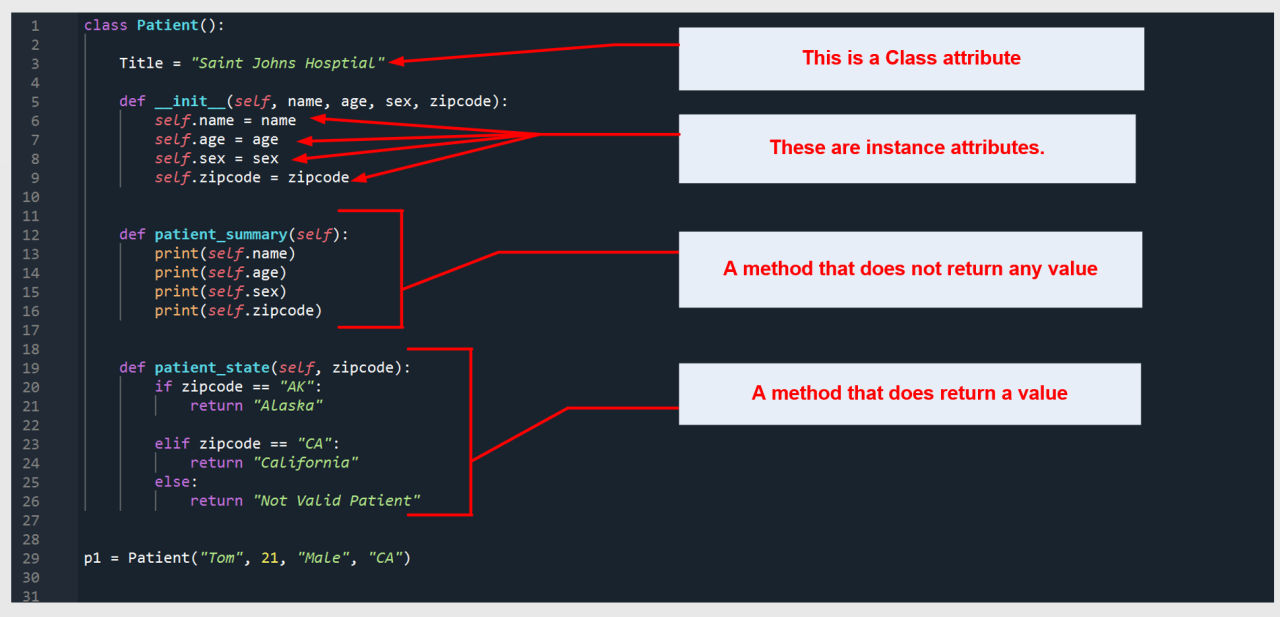
Class attributes in Python are variables that are defined inside a class definition and are shared by all instances of the class. In other words, they are attributes that belong to the class itself rather than individual objects created from the class.
To define a class attribute, you simply assign a value to a variable name within a class definition. For example:
class Dog:
species = "Canis lupus familiaris"
sound = "Woof!"
my_dog = Dog()
print(my_dog.species) # Output: Canis lupus familiaris
print(my_dog.sound) # Output: Woof!
As you can see, both instances my_dog and any other instance created from the Dog class share the same values for species and sound. This is because these attributes are defined at the class level and not at the instance level.
One of the key characteristics of class attributes is that they are shared by all instances of the class. This means that if you modify the value of a class attribute, it will affect all instances of the class:
Dog.species = "Unknown"
print(my_dog.species) # Output: Unknown
another_dog = Dog()
print(another_dog.species) # Output: Unknown
In this example, we modified the species class attribute and then created a new instance another_dog. As you can see, both instances now have the updated value for species.
Class attributes are useful when you want to share some common characteristics or behaviors across all instances of a class. For example, if you're creating a BankAccount class, you might define a class attribute interest_rate that applies to all accounts:
class BankAccount:
interest_rate = 0.02
account1 = BankAccount()
print(account1.interest_rate) # Output: 0.02
account2 = BankAccount()
print(account2.interest_rate) # Output: 0.02
Class attributes can also be used to define constants or static values that don't change over time.
However, it's worth noting that class attributes have some limitations and potential drawbacks:
Class attributes are shared by all instances of the class, which can lead to unexpected behavior if not managed carefully. Class attributes cannot be overridden or redefined at the instance level. If you need more control over attribute values, you might want to consider using instance variables instead.In summary, class attributes in Python are variables that belong to a class itself and are shared by all instances of the class. They can be useful for defining common characteristics or behaviors across multiple objects, but they also require careful consideration to avoid unexpected behavior or conflicts.
Python class attributes vs instance attributes
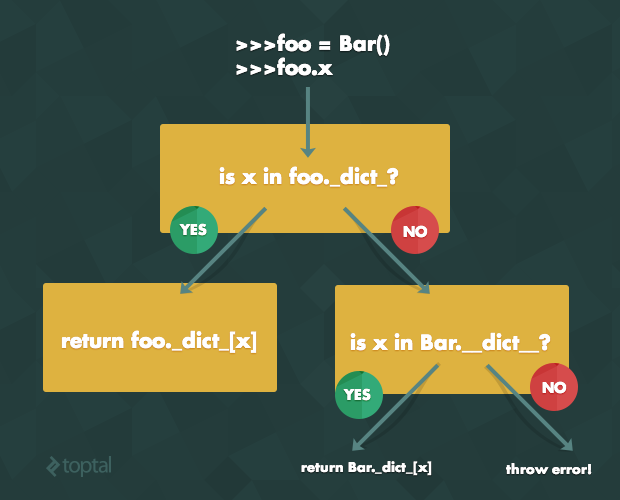
The age-old question: what's the difference between a class attribute and an instance attribute in Python?
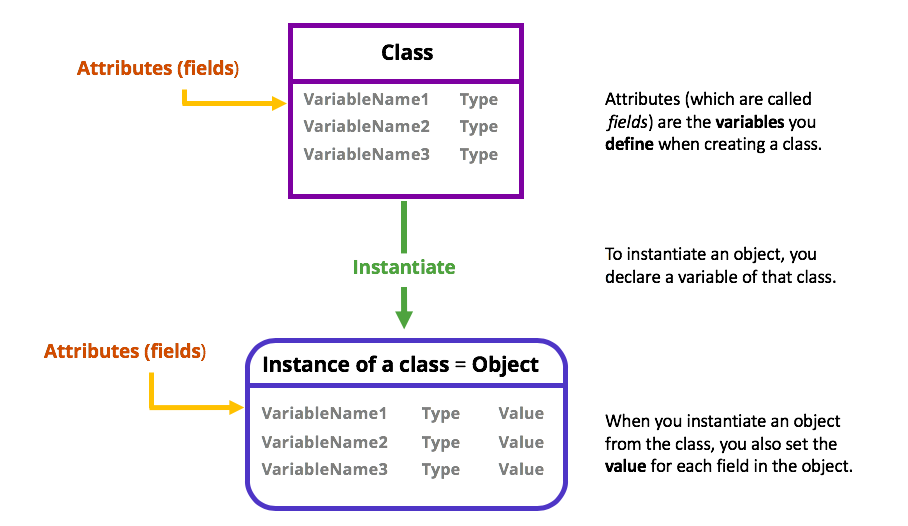
Class Attributes
In Python, when you define a variable inside a class definition, it becomes a class attribute. A class attribute is shared by all instances of that class. Think of it as a global variable that belongs to the class itself, rather than any individual instance.
Here's an example:
class MyClass:
my_class_attr = "Hello"
print(MyClass.my_class_attr) # Output: Hello
In this example, my_class_attr is a class attribute. You can access it through the class itself, and all instances of MyClass will share the same value.
Instance Attributes
Now, let's talk about instance attributes! These are variables that belong to individual objects, not the class as a whole. When you create an instance of a class, each object gets its own copy of the attribute, unless it's overridden by a subsequent assignment.
Here's an example:
class MyClass:
def init(self):
self.my_instance_attr = "World"
obj1 = MyClass()
print(obj1.my_instance_attr) # Output: World
obj2 = MyClass()
print(obj2.my_instance_attr) # Output: World
In this case, my_instance_attr is an instance attribute. Each object (obj1 and obj2) has its own separate copy of the attribute.
Key differences
Here are the main distinctions between class attributes and instance attributes:
Scope: Class attributes have a broader scope, applying to all instances of the class. Instance attributes, on the other hand, are specific to individual objects. Mutability: Class attributes are generally immutable, meaning their value cannot be changed once defined. Instance attributes, being part of an object's state, can be modified as needed. Assignment: Class attributes need to be redefined within each class method or function to change their value. Instance attributes can be reassigned directly using dot notation (obj1.my_instance_attr = "New Value").
When to use each
Class attributes are suitable for:
Constants that don't change Shared information across all instances of the classInstance attributes are perfect for:
Data specific to individual objects Information that changes or needs to be modified dynamicallyIn summary, understanding the difference between class and instance attributes is crucial when designing classes in Python. By choosing the right attribute type, you can ensure your code is readable, maintainable, and efficient.
So, go forth and master the art of attribute management in Python!
